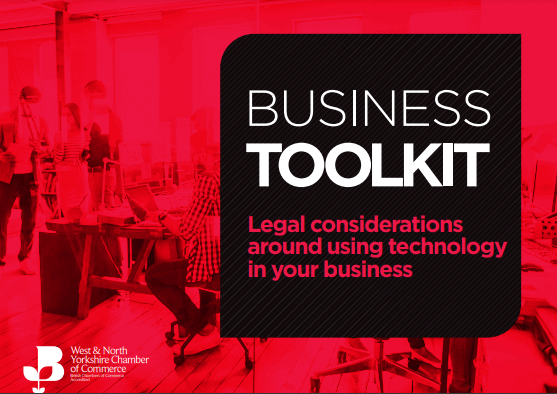Whether it be an e-commerce platform to sell your goods, a bespoke app to improve your service offering to clients, or the use of cloud technology to facilitate remote working, the harnessing of technology in your business can undoubtedly bring many benefits.
However, taking stock of some key considerations before committing to the time and cost of a new
technology can reap rewards in the long run and help you avoid costly mistakes.
1 Contract auto-renewals
Many contracts, such as software supply or tech platforms, provide for the contract to be automatically renewed at the end of the initial term if not proactively terminated by you within a specified timeframe, potentially for several years and at increased prices. Check what the contract says about auto-renewal, and diarise key dates so that you have enough time to negotiate the terms of renewal, or terminate at the end of the initial term.
2 Service levels
If you are subscribing for a cloud-based service, what guarantees does the supplier provide about
availability? Do they give you advance notice of downtime for scheduled maintenance, and what time of day (UK time) will it be carried out at? Are you also paying for support (e.g. a helpdesk)? What times of day is that available to you?
3 Data protection
The considerations will vary depending upon the context but start by asking some key questions:
What personal data does the technology gather (for example about your clients and/or staff) and
why?
Where will the data be stored?
Who else will be able to access it and why?
The answers to questions such as these will determine what action you need to take, e.g. update your privacy notices, put in place the required contract clauses with your supplier, or undertake a data protection impact assessment.
4 Intellectual property rights
If you are paying for the creation of a bespoke app, tailored web content, or something else which is
unique to your business, ensure that you will own or have a suitable licence to those rights. This is
important to ensure that you can carry on using your website or software after the contract ends. Consider whether you also need to prevent the developer from selling the same software to your competitors. Many businesses mistakenly believe that if they pay for some development or content
they will own it – that is not the default position at law, so the contract needs to expressly provide for
it.
5 Assistance at the end of the contract
Will you need your supplier to help migrate your systems and data to you or a replacement supplier upon termination of the contract? If so, consider negotiating such an obligation (and at whose cost
this will be) now at the outset, rather than when the parties may have fallen out upon termination.
The above examples illustrate the broad-ranging consequences of the use of technology in business, which are likely to become even more important as our reliance upon technology to create growth, increase efficiencies and facilitate more flexible working models increases.
For support and legal advice on these issues, and any other relating to the use of technology in your business, we’re here to help get in touch.
First published as part of the West & North Yorkshire Chamber of Commerce’s business toolkit.

